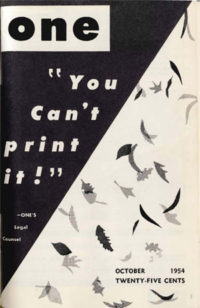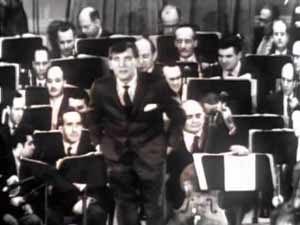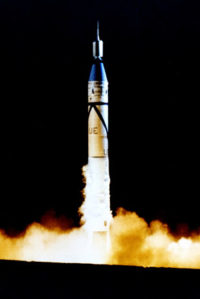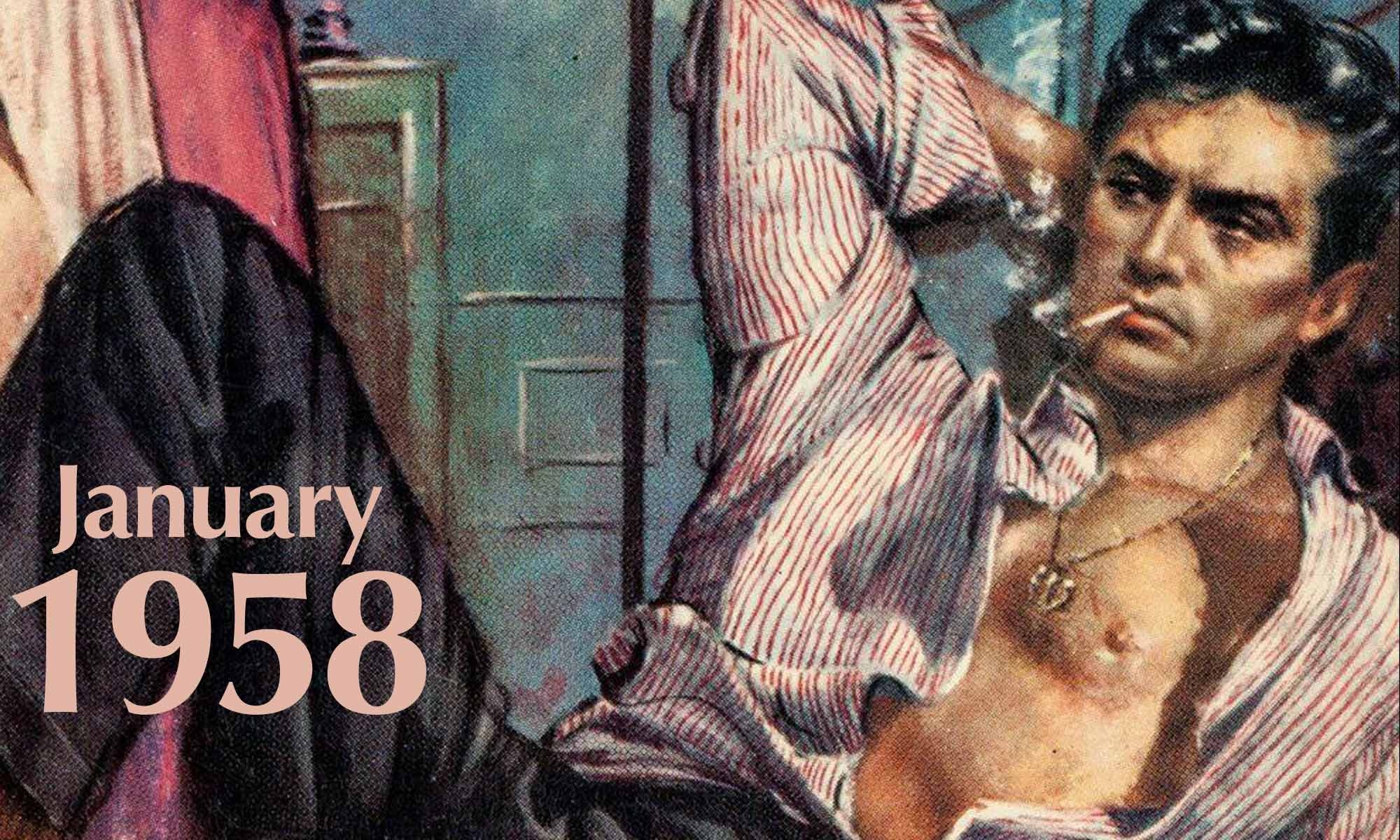| ◄ JANUARY ► | ||||||
|---|---|---|---|---|---|---|
| ◄ 1958 ► | ||||||
| 1 | 2 | 3 | 4 | |||
| 5 | 6 | 7 | 8 | 9 | 10 | 11 |
| 12 | 13 | 14 | 15 | 16 | 17 | 18 |
| 19 | 20 | 21 | 22 | 23 | 24 | 25 |
| 26 | 27 | 28 | 28 | 30 | 31 | |
| President: | Dwight D. Eisenhower (R) | |||
| Vice-President: | Richard M. Nixon (R) | |||
| House: | 230 (D) | 199 (R) | 6 (Vacant) | |
| Southern states: | 97 (D) | 7 (R) | 2 (Vacant) | |
| Senate: | 50 (D) | 46 (R) | ||
| Southern states: | 22 (D) | |||
| GDP growth: | -2.0 % | (Annual) | Recovering from | |
| 0.7 % | (Quarterly) | recession. | ||
| -3.0 % | (Since 2Q1957) | |||
| Fed discount rate: | 3.0 % | |||
| Inflation: | 3.6 % | |||
| Unemployment: | 5.8 % | |||
![]() Jan 1: The European Economic Community (EEC) is established. Member states are Belgium, France, Italy, Luxembourg, Netherlands and West Germany.
Jan 1: The European Economic Community (EEC) is established. Member states are Belgium, France, Italy, Luxembourg, Netherlands and West Germany.
![]() Jan 4: Sputnik 1, which was launched on October 4, 1957, falls to Earth from its orbit and burns up.
Jan 4: Sputnik 1, which was launched on October 4, 1957, falls to Earth from its orbit and burns up.
![]() Jan 7: President Dwight D. Eisenhower asks Congress for an additional $1.3 billion ($11.4 billion today) for ballistic missile development and missile defense.
Jan 7: President Dwight D. Eisenhower asks Congress for an additional $1.3 billion ($11.4 billion today) for ballistic missile development and missile defense.
 Jan 13: The U.S. Supreme Court issues its first gay rights ruling. It’s barely a ruling, just a terse, one-sentence line issued by the court that hadn’t even bothered with oral arguments. But that is all it takes for the US Supreme Court to affirm the rights of the first major gay magazine, ONE, to be distributed by the U.S. Postal Service without its subject matter, homosexuality, being declared obscene. The decision ends a five year struggle between ONE and the U.S. Post Office after the L.A. Postmaster confiscated copies of the October 1954 issue (ironically, the cover story was “You Can’t Print It!”). The Post Office claimed that it violated 1873 Comstock Act, which prohibits sending “obscene, lewd, and/or lascivious” material through the mail.
Jan 13: The U.S. Supreme Court issues its first gay rights ruling. It’s barely a ruling, just a terse, one-sentence line issued by the court that hadn’t even bothered with oral arguments. But that is all it takes for the US Supreme Court to affirm the rights of the first major gay magazine, ONE, to be distributed by the U.S. Postal Service without its subject matter, homosexuality, being declared obscene. The decision ends a five year struggle between ONE and the U.S. Post Office after the L.A. Postmaster confiscated copies of the October 1954 issue (ironically, the cover story was “You Can’t Print It!”). The Post Office claimed that it violated 1873 Comstock Act, which prohibits sending “obscene, lewd, and/or lascivious” material through the mail.![]()
 Jan 18: The first of Leonard Bernstein’s Young People’s Concerts with the New York Philharmonic premieres on CBS. The series, broadcast three times a year, will run for more than fourteen years and make Bernstein a household name.
Jan 18: The first of Leonard Bernstein’s Young People’s Concerts with the New York Philharmonic premieres on CBS. The series, broadcast three times a year, will run for more than fourteen years and make Bernstein a household name.
![]() Jan 22: The Federal Reserve Board reduces the Discount rate, the interest rate charged to member banks for overnight loans, from 3% to 2¾%. The Fed also takes other steps to ease its monetary policy to try to ease the recession.
Jan 22: The Federal Reserve Board reduces the Discount rate, the interest rate charged to member banks for overnight loans, from 3% to 2¾%. The Fed also takes other steps to ease its monetary policy to try to ease the recession.
![]() Jan 23: Venezuela’s repressive dictator, Gen. Marcos Pérez Jiménez, is overthrown in a civilian-military coup. Hundreds are killed in the fighting. A joint civilian-military junta will govern Venezuela until fresh elections can be held at the end of the year.
Jan 23: Venezuela’s repressive dictator, Gen. Marcos Pérez Jiménez, is overthrown in a civilian-military coup. Hundreds are killed in the fighting. A joint civilian-military junta will govern Venezuela until fresh elections can be held at the end of the year.
![]()
 Jan 31: American celebrate as the U.S. finally enters the space age. The first successful American satellite, Explorer, is launched into orbit atop a modified Jupiter-C rocket. The launch occurs almost four months after the Soviets launched Sputnik I and three months after Sputnik II. The American launch takes place following a failed attempt to launch a satellite in December.
Jan 31: American celebrate as the U.S. finally enters the space age. The first successful American satellite, Explorer, is launched into orbit atop a modified Jupiter-C rocket. The launch occurs almost four months after the Soviets launched Sputnik I and three months after Sputnik II. The American launch takes place following a failed attempt to launch a satellite in December.
![[Emphasis Mine]](http://jimburroway.com/wp-content/uploads/2018/01/KissInProtestToronto.jpg)
